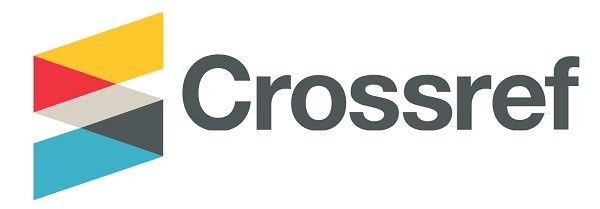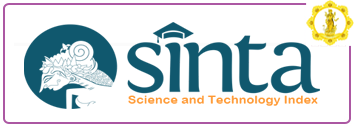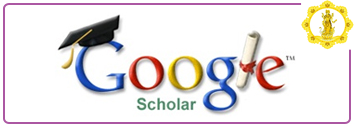E-Learning Sebagai Evolusi Proses Pembelajaran di Era Masyarakat Informasi
DOI:
https://doi.org/10.25078/jpm.v3i1.87Keywords:
Education, Education Technology, E-LearningAbstract
Education is a important thing in a human civilization history. The progress of a civilization is mostly determined by education as a main factor. Throughout the history of human civilization, there were so many learning methods has been invented such as discussion method, discourse method, group teaching, and technology-supported learning method. The fast development of Information and Communication Technology (ICT) in the era of information society has facilitated all of knowledge seekersnowdays to learn something better and better.E-Learning as a implementation of ICT in education domain takes the role as a education media which provide education content so that the students are able to access it times infinity.
Downloads
References
Alipandie, Imansyah, (1984), Didaktik Metode pendidikan. Surabaya : Usaha Nasional
Ambient Insight Comprehensive Report, (2011), The World Market for Self-paced eLearning Products and Services: 2010-2015 Forecast and Analysis, LLC.
Collin Cherry, (1980), On Human Communication, USA: The MIT Press.
Dewantara, K. H. (1994). Karya Ki Hadjar Dewantara bagian II : kebudayaan. Yogyakarta: Majelis Luhur Persatuan Tamansiswa.
Djamarah, Syaiful Bahri, (2000), Guru dan Anak Didik dalam Interaksi Edukatif. Jakarta:
Rineka Cipta
Evans, C, Gibbons, Nicola, J., (2007), The Interactivity Effect in Multimedia Learning, Computer and Education 49(4), 1147-1160
Floridi, Luciano, (2010), Information - A Very Short Introduction, Oxford University Press
Lipshitz, Audrey, R.,Parsons, Steven, (2013), E-Learning: 21st Century Issues and Challenges, Nova Science Publishers, Inc
Mackenzie, Charles E.,(1980), Coded Character Sets, History and Development. The Systems Programming Series (1 ed.), Addison-Wesley Publishing Company, Inc.
Nima Jafari Navimipou, Batool Zareie, (2015), A Model for Assessing the Impact of e-Learning System on Employee’s Satisfication, Computer in Human Behaviour (53), 475-485.
Hernandez-Seller, Nuria, Gonzales-Sanmamed, Mercedes, Munoz-Carril, Pablo Cesar, (2014), Planning Collaborative Learning in Virtual Environments, Comunicar Journal 42: Revolution in Education? (21).
Marwah Daud Ibrahim, (1999), Teknologi, Emansipasi dan Transendensi, Wacana Peradaban dengan Visi Islami, Bandung: Mizan,
Perry, William G. (1999). Forms of Ethical and Intellectual Development in the College Years. San Francisco: Jossey-Bass Publishers.
Philippe Aigon, Peter Howitt, Leonardo Bursztyn, (2009), The Economic of Growth, USA: The MIT Press
Philip Stevens, Martin Weale, (2003), Education and Economic Growth, National Institute of Economic and Social Research (221).
The Philosophy of John Dewey Edited by John J. McDermott. University of Chicago Press, 1981.
Rasyidin.W, (2007), Pedagogik Teoritis dalam Ilmu dan Aplikasi Pendidikan, Bandung: Pedagogiana Press
Roestiyah,N.K., (2001), Strategi Belajar Mengajar, Jakarta : Rineka Cipta
Sukardjo M. (2009), Landasan Pendidikan Konsep dan Aplikasinya, Jakarta: Rajawali Pers
Vygotsky, Lev (1978). Mind in Society. London: Harvard University Press.









